While the ceasefire agreement between Russia and Ukraine is fumbling step by step, leaders of some European countries have eagerly prepared plans to send peacekeeping forces to monitor it.
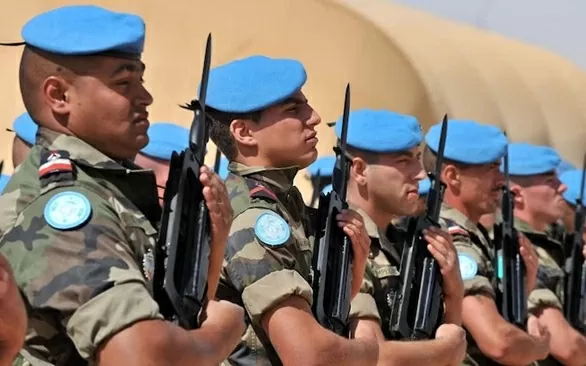 |
| France, Britain... are enthusiastic about the plan to send European peacekeeping forces to Ukraine. (Source: AFP) |
Arrows aimed at many targets
On March 20, defense chiefs from 31 European and other countries gathered at a British base in Northwood to discuss plans for a peacekeeping force in Ukraine in the form of a “coalition of the willing.” According to British Prime Minister Keir Starmer, one of the two initiators, “…an agreement without practical guarantees is something Russia is prepared to break.” That was the public reason, but behind it were other purposes.
One , European armies, including NATO member states, have a reason to be present in Ukraine, next to Russia. The form of "voluntary alliance" is to avoid complications and tense confrontation with Russia if present under the name of NATO and to overcome the objections of some EU member states.
Second, the peacekeeping force will be a security force for Ukraine. They can train, advise, provide weapons, support the consolidation of the defense industrial base, and restore the economy through reconstruction, so as to strengthen Kiev and turn Ukraine into a long-term security buffer zone between Russia and Europe.
Third, it is a way for the EU to demonstrate its role and raise its international position on the Ukraine issue and European security, when it has been “outdone” by the US, which has neglected its relations with its allies and improved relations with Russia. London and Paris are enthusiastically leading the “voluntary alliance” to also strengthen their leadership role in Europe and distract public attention from domestic problems.
Fourth, this is a form of EU “deposit” for the reconstruction and exploitation of post-war resources of Ukraine. The US is discussing an agreement on economic cooperation and mineral exploitation with Ukraine and Russia. If the EU does not hurry, it will fall into the situation of “slow buffalo drinking muddy water”.
With such great goals, it is not surprising that England and France are enthusiastic and many countries respond.
| "We hope there will be a deal but what I know is if there is a deal, the time to plan is now." (British Prime Minister Keir Starmer) |
The "bottlenecks"
There are many reasons to question the feasibility of the plan to send European peacekeeping forces to Ukraine.
The first is legitimacy and legality. The peacekeeping force can be present under the name of the United Nations or by direct agreement between the parties involved in the conflict (Russia and Ukraine). The first case can be vetoed by a negative vote of a permanent member of the Security Council. The second case is also not good because Russia, a party to the conflict, will never accept it.
In fact, as the US admits, the conflict in Ukraine is a proxy war between the US and the West and Russia, so even in the form of a "voluntary alliance", the European peacekeeping force is still a party involved in the conflict, not objective enough to carry out a monitoring role.
French President Emmanuel Macron’s statement that Russia has no right to oppose the European peacekeeping force in Ukraine is inappropriate and serves only to demonstrate determination. In any case, the legitimacy of the European peacekeeping force is unclear and does not meet legal principles.
Second , Russia is definitely against it. The EU has always identified Russia as a security threat and openly provided military aid to Ukraine, whether there is a ceasefire agreement or not. On March 5, President Emmanuel Macron once again affirmed that Russia is a threat to all of Europe, including France, and he sees no reason to believe that Russia will stop in Ukraine. The Elysee Palace chief also declared his readiness to expand the nuclear shield with Europe. The UK has a similar view.
Russia regards the presence of NATO member states’ troops in Ukraine as direct military involvement. Therefore, Russia will certainly oppose the presence of European peacekeeping forces led by Britain and France in Ukraine in any form and is ready to take countermeasures. Then complicated situations may arise.
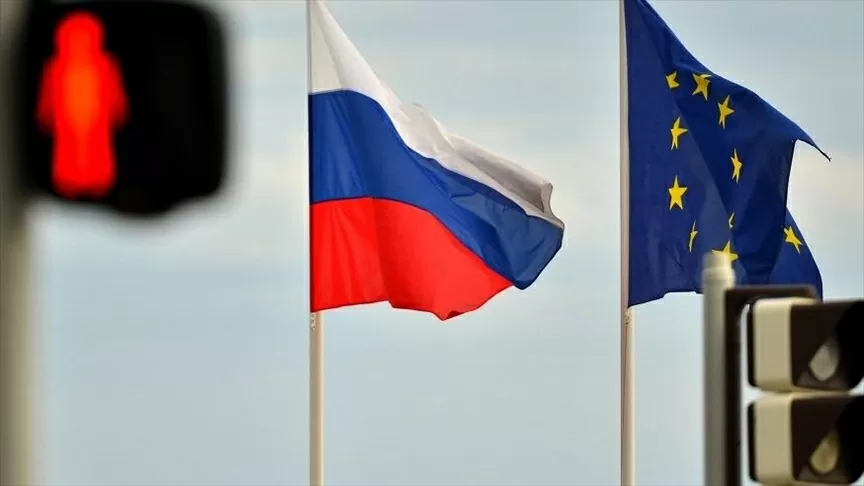 |
| Military and political challenges and opposition from Russia make it difficult for Europe to implement a peacekeeping plan in Ukraine in the short term. (Source: AA) |
Third, limited ceasefire monitoring capabilities and the risk of clashes between foreign troops participating in unsanctioned peacekeeping forces and Russian troops.
With a front line of nearly 1,500 km and modern military equipment in the air, at sea, and on land from both Russia and Ukraine, the peacekeeping force must maintain a large force with many advanced devices to be able to monitor. The estimated 10,000 troops is probably like a drop in the ocean. Not to mention the bias towards one side in the monitoring process.
If a clash occurs between the peacekeeping forces of NATO member states and the Russian army, the North Atlantic military alliance will find it difficult to deal with the principle of collective defense. Is it ready for a direct military confrontation with Russia? This is a difficult question to answer.
Fourth , Europe's capabilities are limited. First of all, there is the difficulty of manpower, how can we mobilize tens of thousands of troops? In addition, the governments of countries with armies participating in peacekeeping will face strong reactions from the people if dozens of their children are killed. Many countries are not enthusiastic about this plan. The number of countries that volunteer to send troops to participate can be counted on the fingers, most of them are material, equipment and technical support.
Financial support is also complicated by the fact that many countries are facing budget difficulties, economic downturns, and unpopularity among their people, not to mention the 800 billion Euro plan to rebuild the European armed forces. Therefore, it is easy to say, but Europe mobilizing tens of thousands of troops for this task is not simple.
***
In many respects, the plan to send a European peacekeeping force to Ukraine is still open-ended. EU leaders and the initiating countries themselves admit that any plan would be difficult without the participation of the US. President Donald Trump has stated more than once that it is an EU matter and that Washington will not participate.
On March 23, US President Steve Witkoff’s special envoy said that the plan for European countries to send peacekeeping troops to Ukraine was just “an effort for show”. Europe is not without its feasibility, but they still made strong statements to demonstrate their role, determination and efforts to be self-reliant in solving regional security issues. Whether it can be implemented or not is another matter.
Source: https://baoquocte.vn/ke-hoach-dua-luc-luong-gin-giu-hoa-binh-chau-au-den-ukraine-toan-tinh-va-tinh-kha-thi-308642.html



![[Photo] Binh Trieu 1 Bridge has been completed, raised by 1.1m, and will open to traffic at the end of November.](https://vphoto.vietnam.vn/thumb/1200x675/vietnam/resource/IMAGE/2025/10/2/a6549e2a3b5848a1ba76a1ded6141fae)








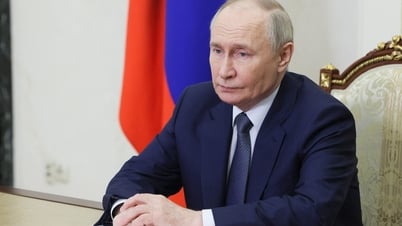

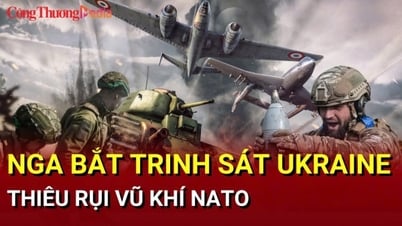

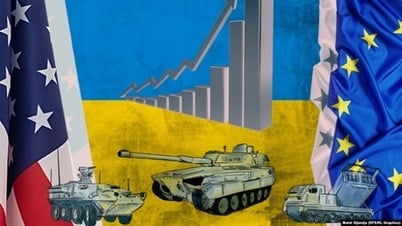

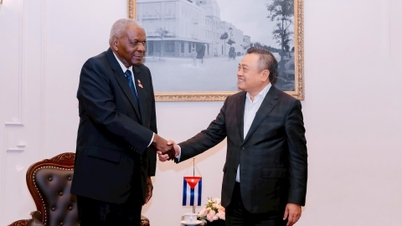
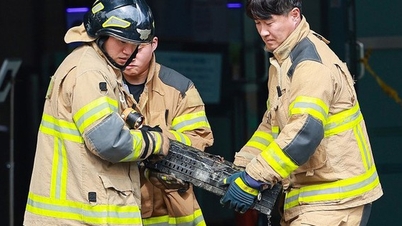
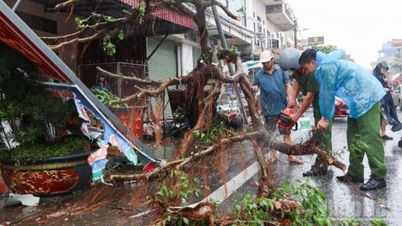







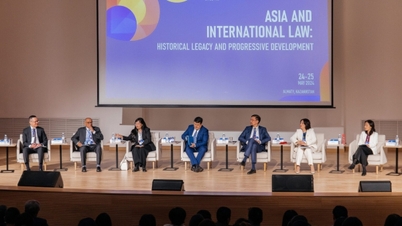
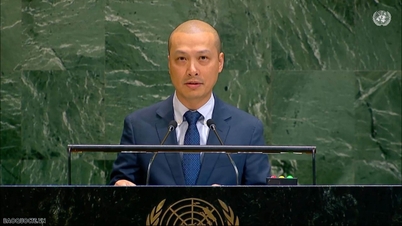
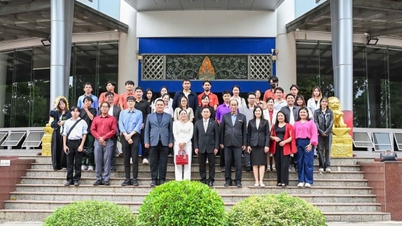


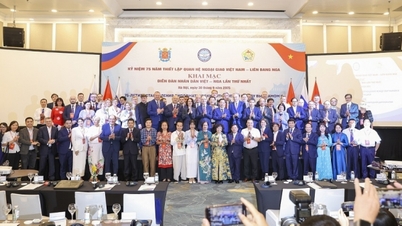












































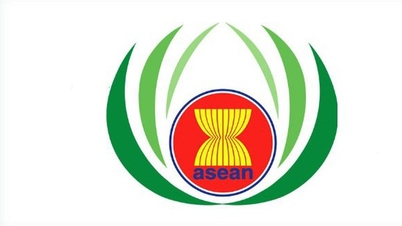



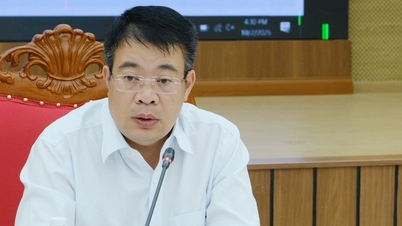

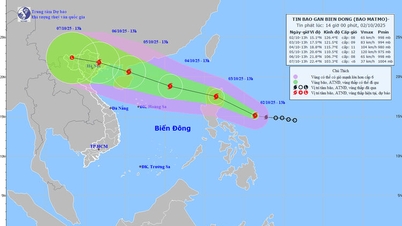



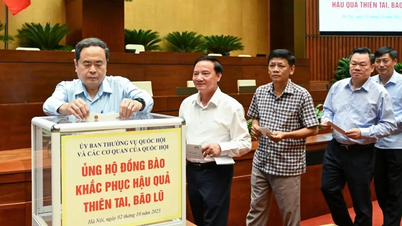















Comment (0)